When the Taal Volcano erupted in January 2020, communities living within its danger zone were made to evacuate the area. Unfortunately, many animals were left behind.
The land surrounding Taal Volcano was covered in ash, along with the horses, cows, goats, dogs, cats, and other animal companions of the residents forced to seek shelter elsewhere. The government advised residents to stay away, which meant that the animals still in the area either passed away or were left injured and starving.
Groups like People for the Ethical Treatment of Animals (PETA) Asia, however, sent out rescue teams to retrieve animals who survived the eruption and provide them with veterinary care. Now, a little more than a year later, they’ve reported that they’ve successfully adopted out over 100 of the dogs and cats they rescued from Taal Volcano.
PETA WASN’T NEW TO TAAL VOLCANO
The horses on the island are probably what most tourists remember from their trek up the volcano’s crater, but these same horses had also never been given proper veterinary care – at least until PETA arrived.
Their staffers have been visiting Taal Volcano regularly since February 2017, when they held their first horse health clinic in partnership with International Veterinary Outreach, according to a 2019 article written by Megan Cabalcar for the magazine. The horse health clinic offered free vaccination, deworming, teeth floating, and hoofcare. Aside from that, the project included educational seminars, which meant the horses’ keepers would leave their clinics knowing how to take better care of them.
PETA’s familiarity with Taal Volcano, the community, and the animals aided in their rescue and relief operations following the eruption. However, they still encountered numerous challenges along the way.
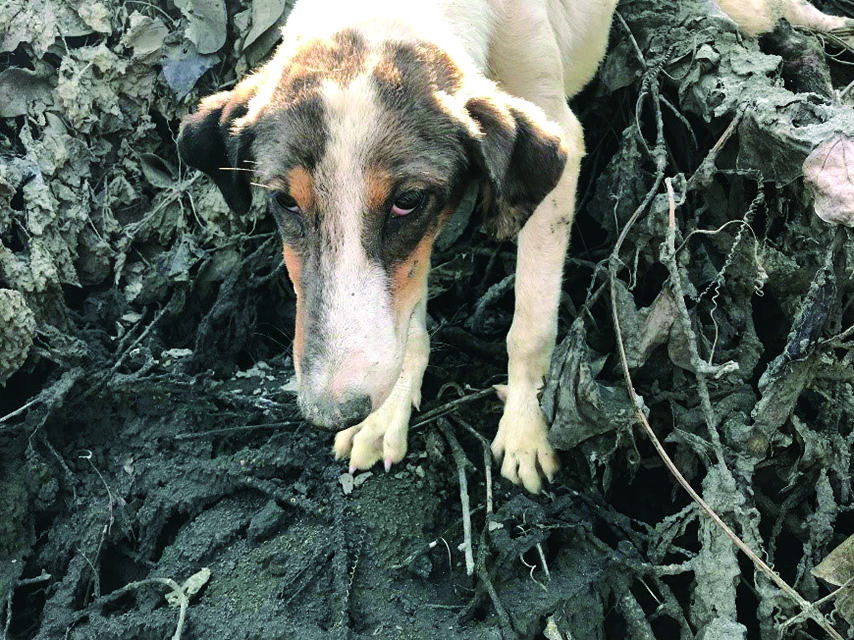
RESCUING AND ADOPTING OUT TAAL ANIMALS
Joyce Ann L. Rocamora wrote in her 2020 article for the Philippine News Agency that one of the hurdles PETA had to overcome was the lack of larger boats to transport the rescued animals. Limited to small boats that could sink under the weight of larger groups of rescues, the organization had to request for help from the military.
Less than two weeks after the eruption, PETA announced that they had rescued 132 animals from the island, including chickens, herons, and ducks, wrote Gaea Katreena Cabico in a 2020 article for Philippine Star. They eventually rescued around 200 in total. Besides rescuing, the team would also leave fresh water and food on the island everyday.
They also expressed their thanks for the help they received from volunteers and the general public, who donated in cash and in kind for the relief efforts.
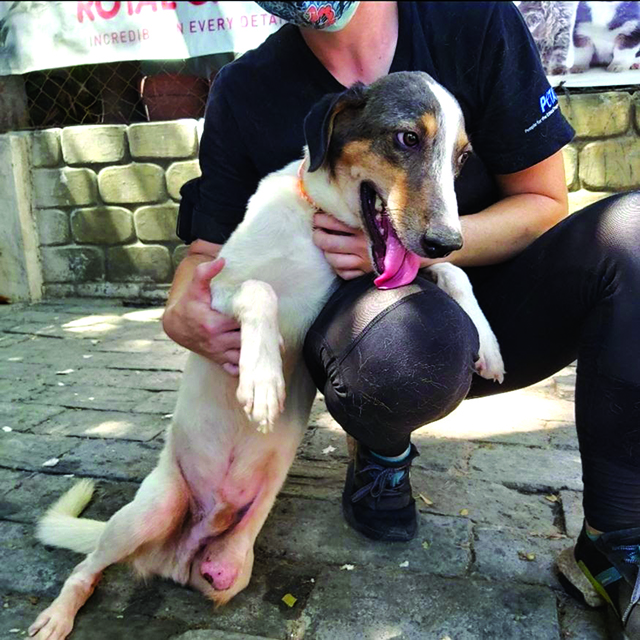
THE RESCUES
Palakitik, a dog PETA staffers knew and often interacted with during their horse clinics, was one of the animals left on the island during the eruption. A video posted on the PETA YouTube page describes how the team called out to her as soon as they arrived on the island. With ash in her eyes, Palakitik ran to the PETA staffers, finally safe in their embrace.
PETA also rescued Pedro, a dog whose leg got stuck in vines as he was looking for food and water. Exhausted, dehydrated, and severely injured after almost a week of being alone among the vines, Pedro fell asleep as soon as the team placed him in the car on the way to the vet. The gangrene led to him losing a leg, but he has since made a full recovery.
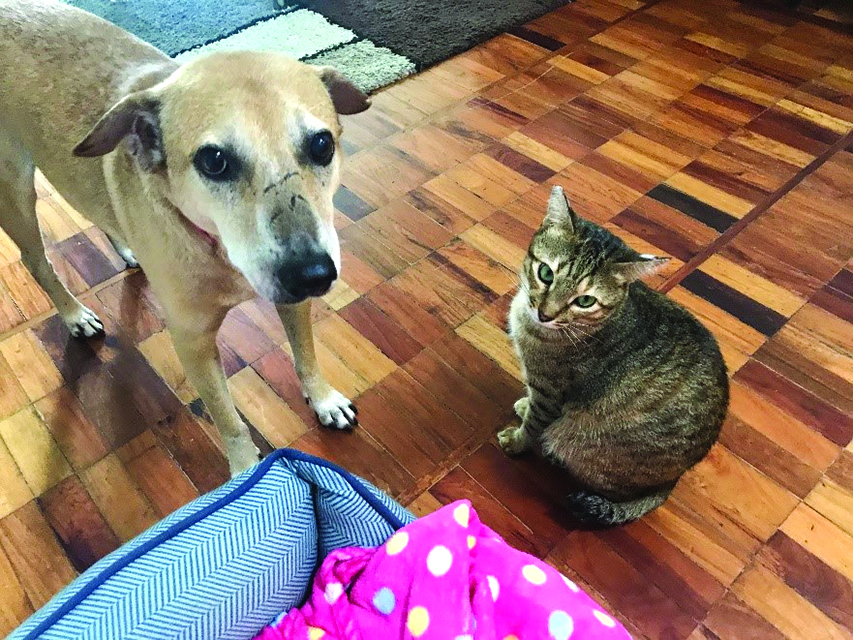
Regan, a cat whose paws and ears were burned by the eruption, has also been adopted into a loving forever home. He now spends his time indoors in his new home together with Jonald, a dog who was also rescued from Taal.
Some of the other animals rescued from Taal and adopted out include Nila, Rosy, Bridget, Aldin, Milka, Jason, Palomena, Enrique, Angelica, Archie, Bebe Sofie, Sampaguita, Love, Aki, Ernie, Borgie, Mochi, Isidro, Amy, Abet, Petra, Rochelle, Ash, and Mucho, according to PETA Asia’s YouTube channel.
Once the lockdowns began as a result of the pandemic, the organization had some difficulty with the process for adopting and fostering out their rescues. Instead of checking potential homes in person, they had to do virtual home checks.
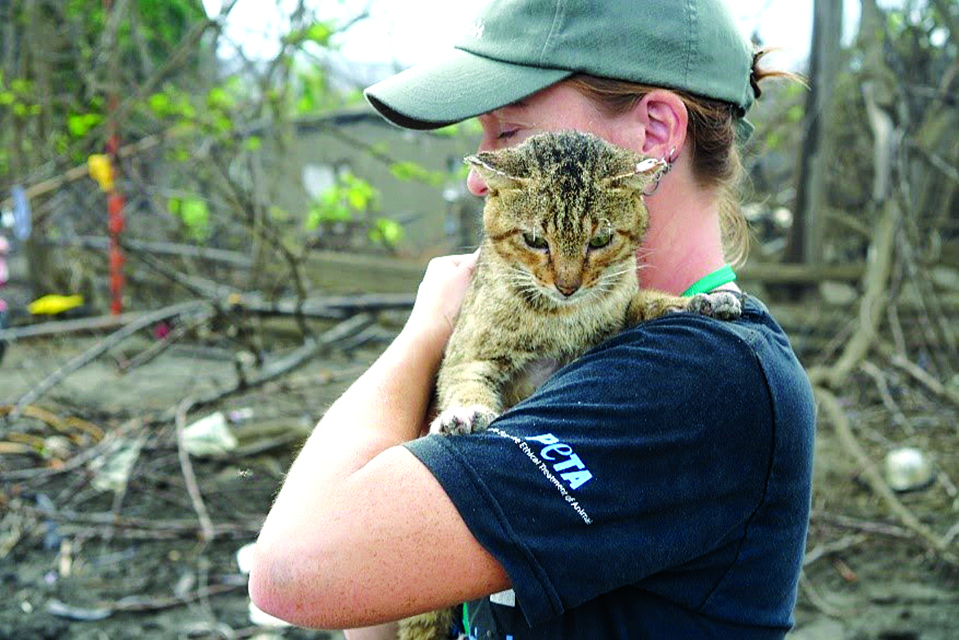
Still, Nirali Shah from PETA Asia says, “Nothing – not even a global pandemic – will stop our rescue team from helping animals in need.”ZoneZone
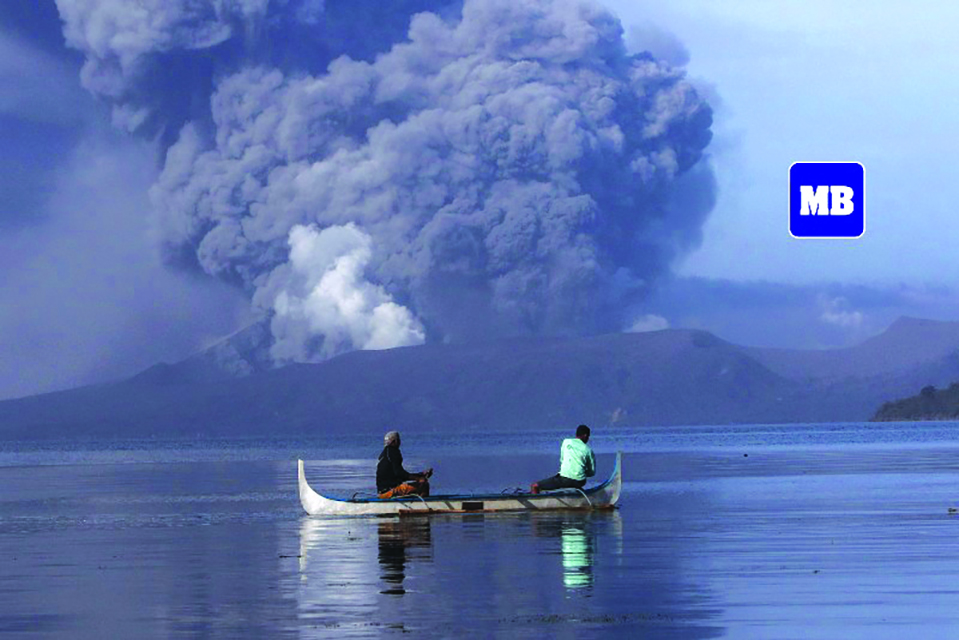
THE TAAL VOLCANO ERUPTION
The volcano began spewing ash on January 12, 2020, 42 years since the last time it was recorded to have erupted, as documented by Rappler in 2020. The Department of Health recorded 39 human deaths amid the evacuation of the hundreds of thousands of residents in the danger zone, according to a 2020 article from The Manila Bulletin.






